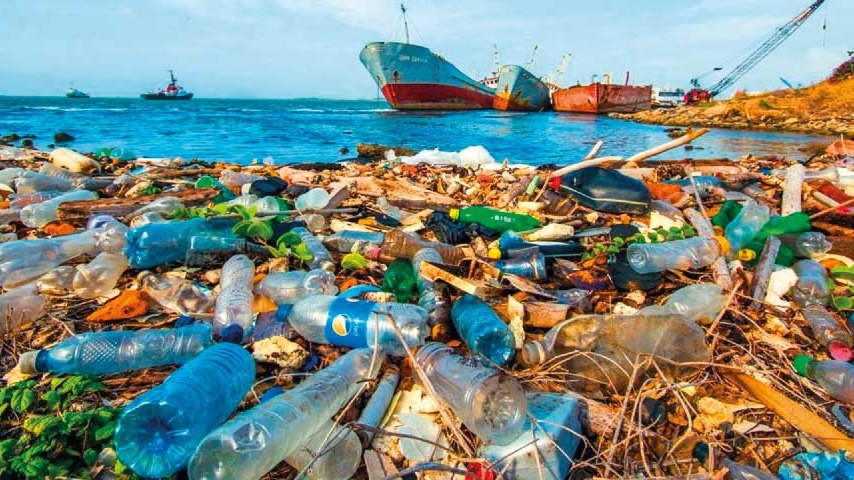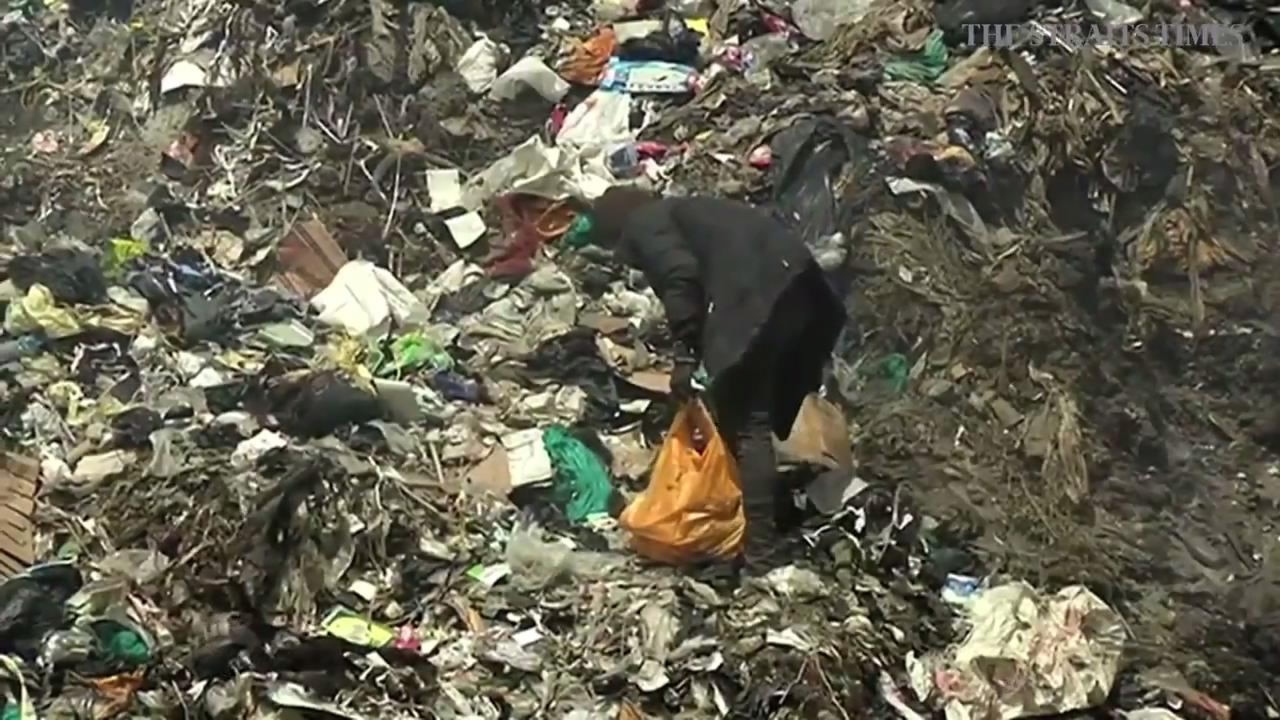
Tech & Sci
17:45, 05-Mar-2018
Bahrain strengthens MENA efforts to control marine litter
Alok Gupta

Bahrain's decision to join 40 other nations to control marine litter has strengthened the Middle East and North African (MENA) nations’ efforts to combat rising sea pollution.
The country officially joined United Nations Environment Programme’s (UNEP) Clean Sea campaign on Saturday. The government of Bahrain will be implementing a range of initiatives to increase awareness of marine litter and its impacts through national campaigns to help reduce the use of plastics.
Under the campaign, countries will control single-use plastic through various measures. There will also be community-led initiatives like beach cleanup days to control rising sea contamination.
Bahrain plans to reduce plastics packaging and promote the recycling of plastics and other materials.
"It’s exciting to have Bahrain join us in the fight against marine litter,” Erik Solheim, head of UN Environment said. “By joining the CleanSeas campaign, they are showing great support from a vitally important region, and we hope more nations will follow.”

Kenya has a strict legislation to control plastic waste. Producing, selling or even using plastic bags will risk imprisonment of up to four years or fines of 40,000 US dollars. /Reuters Photo
Kenya has a strict legislation to control plastic waste. Producing, selling or even using plastic bags will risk imprisonment of up to four years or fines of 40,000 US dollars. /Reuters Photo
The announcement was made by Dr. Mohamed Bin Daina, Chief Executive Officer of the Supreme Council, on the premises of the Supreme Council for the Environment. He was joined by Erik Solheim and Sami Dimassi, the Director and Regional Representative of UN Environment.
Other MENA countries, Oman, Morocco and Tunisia, have already joined UNEP’s Clean Sea initiative and launched similar measures to keep the sea litter free. Countries under the initiative are gearing up to prepare legislation to press companies and citizens to change their wasteful habits.
According to UNEP, the flow of pollution means detritus such as drinks bottles and flip-flops – as well as tiny plastic fragments, including microbeads used in cosmetics – are concentrating in the oceans and washing up on the most remote shorelines, from deserted Pacific islets to the Arctic Circle.
“Humans have already dumped billions of tons of plastic, and we are adding it to the ocean at a rate of eight million tonnes a year. As well as endangering fish, birds and other creatures who mistake it for food or become entangled in it, plastic waste has also entered the human food chain,” UNEP maintained in a press statement.

SITEMAP
Copyright © 2018 CGTN. Beijing ICP prepared NO.16065310-3
Copyright © 2018 CGTN. Beijing ICP prepared NO.16065310-3